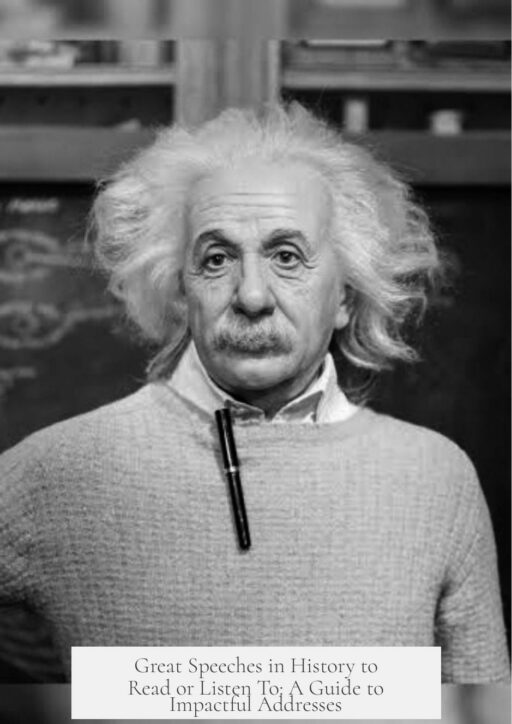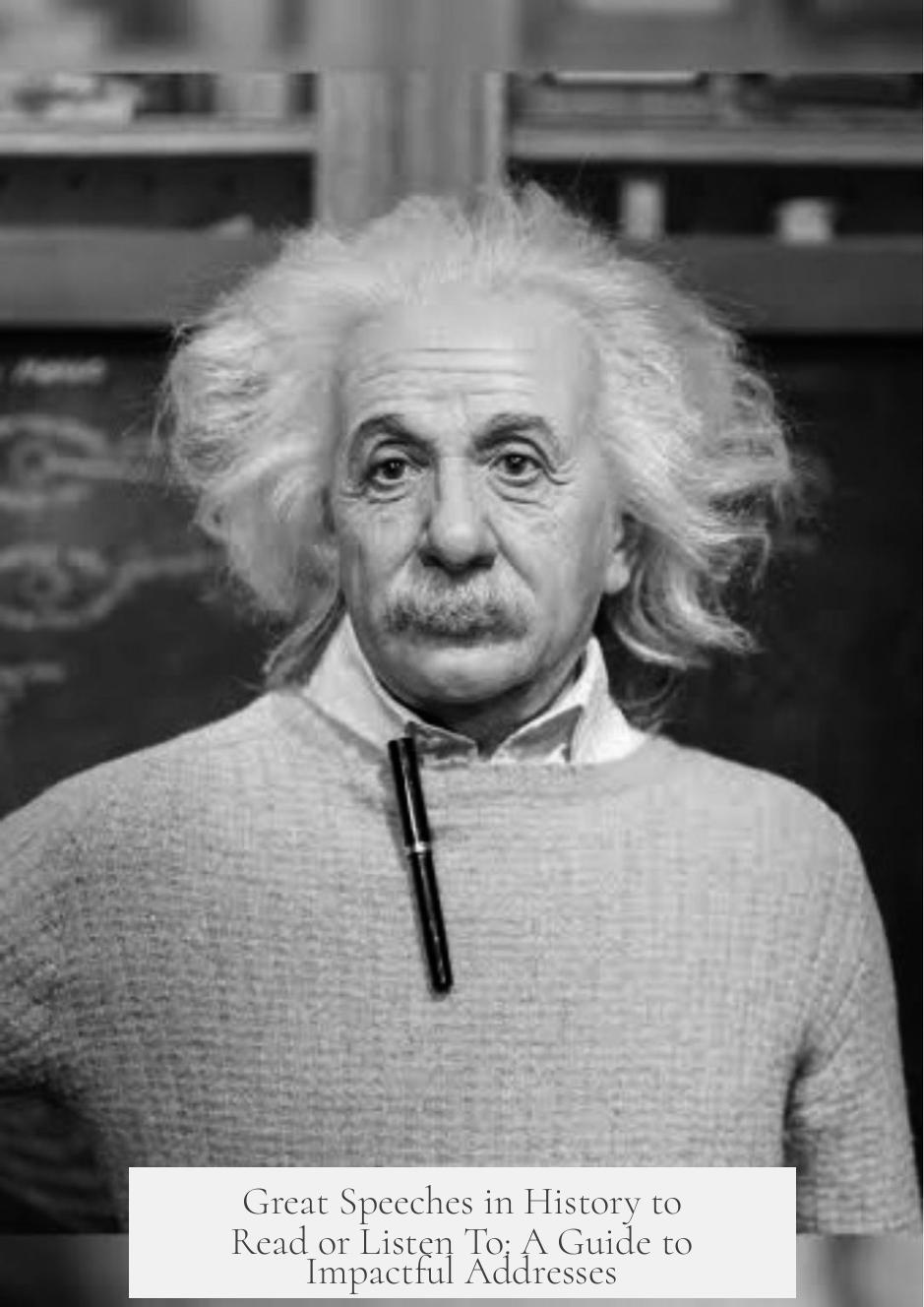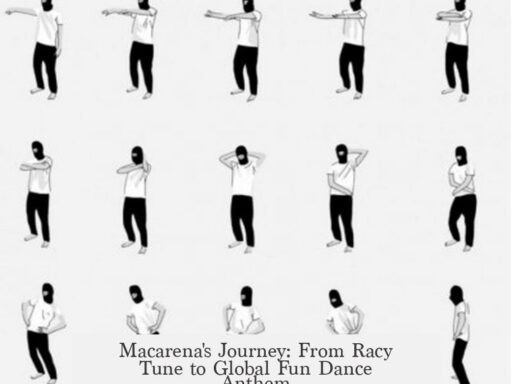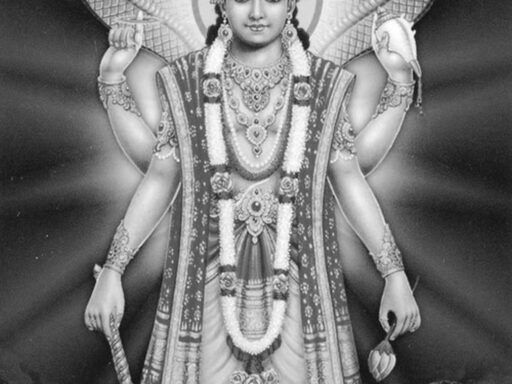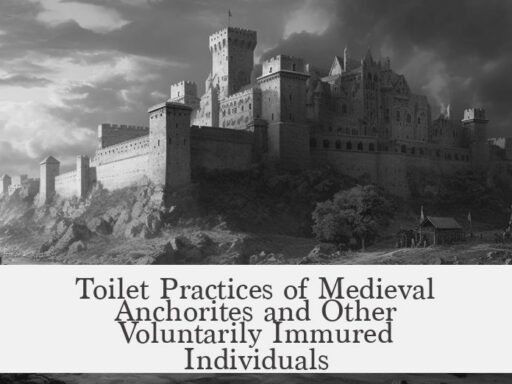Great speeches in history provide a window into pivotal moments, showcasing eloquence, passion, and leadership. You can listen to or read many of these speeches to gain insight into historical events and figures. Some of the most renowned include Winston Churchill’s stirring wartime addresses, Martin Luther King Jr.’s civil rights orations, and John F. Kennedy’s calls for peace and progress.
Here is a curated list of impactful speeches along with resources where you can access them:
- Winston Churchill delivered defining speeches during World War II. His “Blood, Toil, Tears, and Sweat” speech sets the tone for British resolve. His speech “We Shall Fight on the Beaches” is a testament to defiance and courage. [Blood, Toil, Tears, and Sweat Speech](http://www.fiftiesweb.com/usa/winston-churchill-blood-toil.htm) [We Shall Fight on the Beaches](https://en.m.wikipedia.org/wiki/We_shall_fight_on_the_beaches)
- Martin Luther King Jr. is pivotal in civil rights history. His “I Have a Dream” speech remains iconic for its vision of equality and justice. Another critical speech is “Beyond Vietnam,” which connects civil rights to anti-war sentiments. [I Have a Dream](http://www.teachertube.com/mobile/video/mlk-i-have-a-dream-speech-20916) [Beyond Vietnam](http://kingencyclopedia.stanford.edu/encyclopedia/documentsentry/doc_beyond_vietnam/)
- John F. Kennedy inspired hope and peace. His inaugural address includes the famous call “Ask not what your country can do for you…” His American University commencement speech urged peace during tense Cold War days. [Inaugural Address](https://m.youtube.com/watch?v=BLmiOEk59n8) [American University Speech](https://www.jfklibrary.org/Asset-Viewer/BWC7I4C9QUmLG9J6I8oy8w.aspx)
- Franklin D. Roosevelt tapped emotions after Pearl Harbor, rallying the U.S. to action with a speech that transcended mere facts and statistics. [Pearl Harbor Speech on YouTube](https://m.youtube.com/watch?v=Lm3Bntsp2ck)
- Robert F. Kennedy gave a memorable speech on the assassination of Martin Luther King Jr., pleading for peace amid turmoil. [RFK on MLK’s Death](http://www.historyplace.com/speeches/rfk-mlk.htm)
- Charlie Chaplin crafted a powerful message in his speech from “The Great Dictator,” advocating peace and human dignity during World War II. [Speech from The Great Dictator](https://youtu.be/w8HdOHrc3OQ)
- Ronald Reagan showed leadership and empathy with his Challenger disaster address and “A Time for Choosing” speech. [Challenger Disaster](https://m.youtube.com/watch?v=Qa7icmqgsow) [A Time for Choosing](https://youtu.be/qXBswFfh6AY)
- Barack Obama’s Selma speech commended as one of his greatest, combines history with a vision for justice. [Selma Speech](https://m.youtube.com/watch?v=7SoG4KZOvRc)
- Abraham Lincoln managed to capture profound meaning in succinct words through his Gettysburg Address and Lyceum Address. [Lyceum Address](https://en.m.wikipedia.org/wiki/Abraham_Lincoln’s_Lyceum_address)
- Patrick Henry’s “Liberty or Death” speech was a catalyst in the American Revolution, inspiring resistance to British rule. [Liberty or Death Speech](http://www.history.org/almanack/life/politics/giveme.cfm)
Other notable orations include:
- Mahatma Gandhi’s speeches on non-violence.
- George S. Patton’s rousing speech to the Third Army.
- Malcolm X’s “The Ballot or the Bullet.”
- Cicero’s courtroom denouncement of Cataline.
- King Haile Selassie’s United Nations address in 1963.
- Shakespearean speeches like Henry V’s “St. Crispin’s Day” rally.
Several online resources host collections of speeches:
- Speakola offers an extensive database with videos and transcripts.
- American Rhetoric archives top speeches with text and audio.
- Archive.org contains many audio recordings of influential 20th-century speeches.
- LibriVox provides free audio of Shakespeare’s monologues and historic speeches.
Collections like “In Our Own Words” and “Words That Make America Great” include curated speeches and founding documents spanning eras.
Listening or reading these speeches allows one to understand not only history but also the power of language. They show how words can inspire, comfort, provoke thought, and mobilize nations.
| Speaker | Notable Speech | Link/Resource |
|---|---|---|
| Winston Churchill | Blood, Toil, Tears, and Sweat | Read |
| Martin Luther King Jr. | I Have a Dream | Watch/Read |
| John F. Kennedy | Inaugural Address | Watch |
| Franklin D. Roosevelt | Pearl Harbor Speech | Watch |
| Robert F. Kennedy | On MLK’s Death | Read |
Some speeches hold lessons beyond their immediate context. Churchill’s defiant calls emphasize perseverance. King’s dream speeches stress justice and equality. Kennedy’s addresses model hope during tension. Roosevelt’s Pearl Harbor speech unites a nation. Churchill, King, Kennedy, and Roosevelt display the art of connecting with audiences emotionally and intellectually.
The collection of great speeches offers diverse perspectives: political leaders, civil rights advocates, artists, and philosophers. These speeches reflect courage, vision, and conviction. They also illustrate the power of rhetoric in shaping public sentiment and policy.
People interested in history, leadership, communication, or civic engagement can deeply benefit from exploring these speeches. Multiple platforms provide free access to texts and recordings, enabling convenient learning and inspiration.
- Winston Churchill’s WWII addresses reveal resilience.
- Martin Luther King Jr. voices civil rights aspirations.
- JFK promotes peace during Cold War tensions.
- FDR appeals to unity after Pearl Harbor.
- Resources like Speakola and American Rhetoric house wide selections.
Great Speeches in History That You Can Listen To or Read
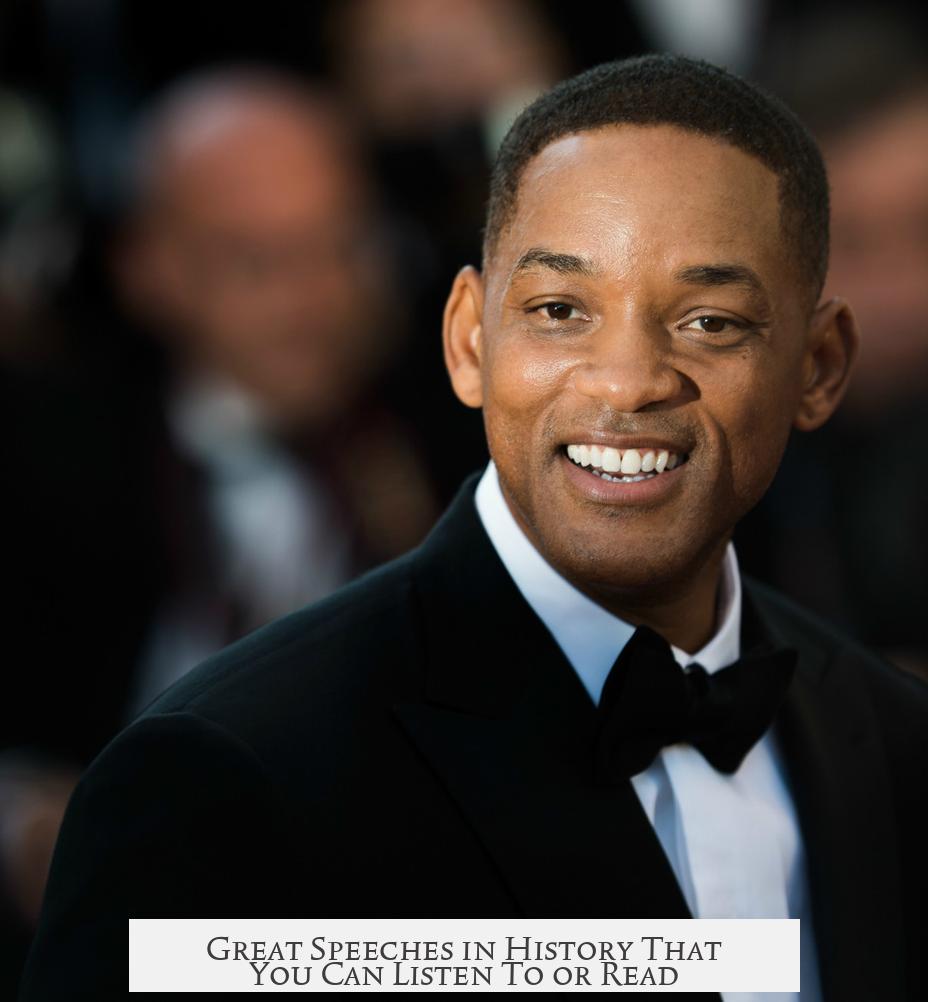
What are some of the great speeches in history that you can listen to or read? You want to explore, be inspired, or maybe just figure out how great speakers captivate and move crowds. Well, history is packed with speeches that changed worlds, stirred souls, and sometimes even saved nations. From Winston Churchill’s fierce resolve to Martin Luther King Jr.’s dream for equality, to the fiery words that fueled revolutions and peace alike, there’s a treasure trove waiting for you.
Let’s dive right in, shall we? And yes, I’ll give you juicy details, links, plenty of examples, and a few fun twists so you stay hooked.
Classic War-Time Speeches That Stir Hearts and Resolve
Sometimes a speech turns the tides of history. Think about Winston Churchill during World War II. His “Blood, Toil, Tears, and Sweat” speech was a call to arms, honesty, and relentless grit. You can read it here. What makes this speech a classic? Churchill’s tone? The sheer clarity in chaos?
Then, there’s his iconic “We shall fight on the beaches…” speech, which many historians call one of the finest examples of leadership rhetoric to rally a nation under siege. This speech is rich with imagery and raw determination. You can explore it on Wikipedia.
On the other side of the fence—a tricky subject but important for understanding history—was Adolf Hitler, who, as controversial and monstrous as he was, had a knack for powerful oratory that mobilized millions. Listening to some of his speeches (critically, of course) sheds light on Germany’s mindset then. It’s a study in the power of rhetoric, albeit a dark one.
Echoes of Civil Rights and Justice
No list of famous speeches is complete without mentioning Martin Luther King Jr. His “I Have a Dream” speech is not just a speech but a defining moment for civil rights. You can watch his vivid oration here. The dream of a world free from racial hatred resonates decades later.
MLK’s lesser-known but equally powerful “Beyond Vietnam” speech reflects his courageous stand against the Vietnam War, tying peace abroad with justice at home. It’s a profound listen for anyone interested in moral leadership and activism: Beyond Vietnam.
Another stirring moment is Robert F. Kennedy’s speech upon the death of MLK, available here. His heartfelt words show a keen sense of empathy and rally for unity, proving he was a leader many wished had headed the nation.
Theatrical Brilliance with a Moral Punch
Charlie Chaplin’s speech from “The Great Dictator” blends satire, hope, and a plea for human decency. Less formal, more emotional, and downright stirring, this speech was even played to American and British troops during World War II to boost morale. You should definitely watch this historic clip.
Speaking of theatre, Shakespeare’s speeches, especially King Henry V’s St. Crispin’s Day speech, have inspired generations to bravery and loyalty. Kenneth Branagh’s version of that speech is electrifying and can be found here. You can also enjoy Mark Antony’s funeral oration “Friends, Romans, countrymen” here.
Leaders Who Changed the Course of History
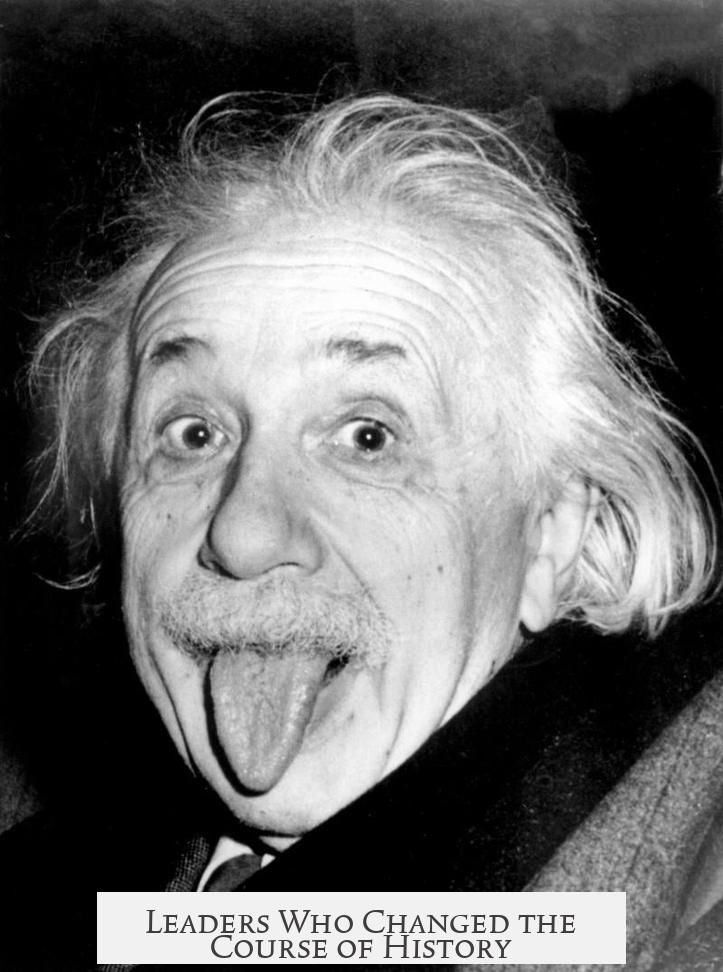
John F. Kennedy (JFK) wasn’t just about cool phrases; his speeches were visions of a peaceful, progressive future. His Inaugural Address includes the iconic “Ask not what your country can do for you…” line. See it on YouTube.
His “Commencement Address at American University” in 1963 is a powerful call for peace during the Cold War era, fully acknowledging the sacrifices of the Soviet Union during WWII. It’s a must-read to understand the delicate tensions of that time: Read here.
Franklin D. Roosevelt scored big with his Inaugural Address reassuring a nation battered by the Great Depression. You can watch his soothing tone work wonders here: FDR’s Inaugural. Later, his moving speech after the Pearl Harbor attack stirred Americans to war, choosing emotion over statistics — a masterstroke.
Ronald Reagan brought optimism and determination. His “Challenger Disaster Speech,” honoring fallen astronauts, and “A Time for Choosing” are deep, reflective, and inspiring moments you can find on YouTube. Quick snippet with patriotic music or full versions – they all are powerful. YouTube has several condensed versions like “We must fight” or “A soldier’s pledge” that are worth checking out.
More Voices Worth Hearing
- Barack Obama’s Selma Speech is considered one of his best. His eloquence and ability to connect past and present struggles for justice shine brightly. Watch it on YouTube.
- Abraham Lincoln’s Gettysburg Address is a masterpiece of brevity and emotion. Just a few words, yet it respectfully honored sacrifice and defined American values. Also, his Lyceum Address warns of threats to democracy—you can read it here.
- George S. Patton’s speeches, particularly just before D-Day, were famously direct—no sugarcoating allowed. Though no audio exists, the movie “Patton” captures his fiery spirit well.
- Sojourner Truth’s “Ain’t I a Woman?” speech remains a formidable rally for women’s rights and abolition. Powerful words to read and reflect upon.
- Malcolm X with his “Ballot or the Bullet” speech delivers a sharp call for political action. It can be streamed at YouTube.
Unique Historical Moments and Honorable Mentions
Imagine the unmade Nixon speech about the first men on the moon becoming stranded—a haunting “fate has ordained” line remains a powerful “what if.” Find it at this link.
And don’t miss Queen Elizabeth I’s** emotional rally to her troops at Tilbury** — a touching moment when a “weak feeble woman” claimed the heart of a king: Watch here.
Joseph Stalin also gave powerful speeches, like one on Red Square that reflects a grim but intense leadership style: Listen here.
For a spiritual and calm perspective, watch Fred Rogers’ Acceptance Speech at the 1997 Emmys, a reminder of kindness as a quiet revolution: Fred Rogers Emmy Speech.
Where to Find These Gems: Collections and Resources
If you’re wondering where to start, luckily several websites and resources collect great speeches, often with transcripts and audio or video:
- Speakola is a treasure chest of speeches and even runs a lively Twitter account, perfect for daily doses of rhetoric.
- American Rhetoric offers one of the largest databases of speech transcripts, including audio and video.
- Archive.org hosts audio files of the greatest speeches of the 20th century, many downloadable for offline enjoyment.
- LibriVox provides free audiobooks, including Shakespearean monologues and other significant orations.
- For American history buffs, the Top 100 Speeches catalog is a fantastic place to stream influential speeches.
And if you love books, there are classics like In Our Own Words and Words That Make America Great—both offer extensive collections of speeches that map American history’s rhetorical landscape.
Final Thoughts: Why Bother Listening to Old Speeches?
Each speech is a window into a moment where words mattered immensely. They shaped the world or at least tried to. Whether it’s Churchill’s unyielding call to defend freedom, MLK’s dream for equality, or Teddy Roosevelt’s call to action in “The Man in the Arena,” these speeches bring history alive.
Feeling stuck in today’s noise? Listening to or reading speeches from pivotal past moments reconnects us with human courage, vision, and hope. Plus, they are excellent lessons in communication, persuasion, and leadership. You might even find your next dinner party icebreaker or a thesis topic. Hey, why not?
So, what will you start with? Churchill’s steely resolve or Chaplin’s heartfelt plea for humanity? Or perhaps you fancy a fiery Shakespearean call to arms or Malcolm X’s articulate challenge to the status quo? The choice is yours, but the richness of history’s spoken word awaits.
Remember: a great speech isn’t just about the words—it’s about the timing, the passion behind them, and the lasting impact. These speeches stand tall not because the speakers were perfect, but because at critical moments, their words stirred something bigger than themselves.
Happy listening and reading!
